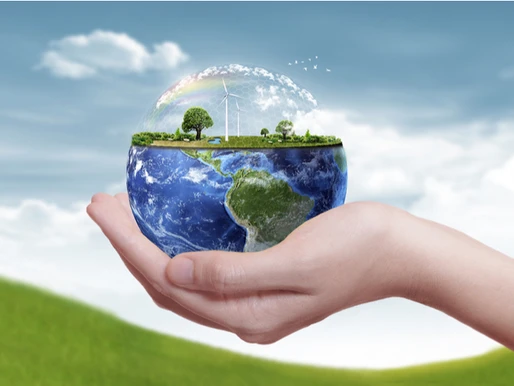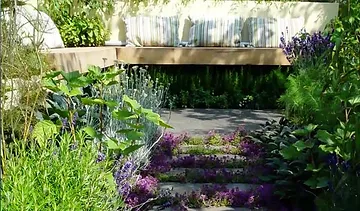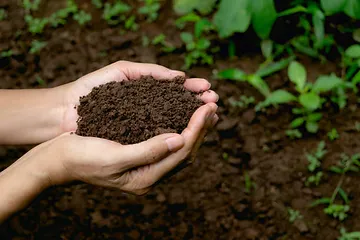When planning your garden there are a few things you should take into consideration when deciding the types of plants you want for your garden as well as their placement. Here are the 3 main factors you should consider in order to ensure a long term successful garden.
Climate
First and foremost, when choosing plants you should take into account the climate in your area. This includes the temperature levels year round, the amount of rainfall, and any other factors that could affect your garden. Many times we get hooked on beautiful plants we see online and just have to have them! Sadly, these plants won’t always survive or thrive in our area. Luckily there are beautiful plants for every climate, we just have to find them. When deciding on the type of plants you will be planting, research what plants will do best in your specific climate, or check your local nurseries (most will only carry plants that do best in your general area).


Micro Climates
Every garden has multiple microclimates within it. It is important to take note of and understand these microclimates and how they can affect your plants in order to help you determine the best placement for each plant. A microclimate can affect the amount of sun and rain your plants get in that specific area of your garden. One of the many things that can create a microclimate is the direction your garden is facing. North-facing slopes may have less sunshine, whereas south-facing slopes receive more light and heat from the sun encouraging plant growth. Existing features in your garden such as trees, walls, fences, water features, etc. can also create microclimates. You can also add or adjust features in your garden to create favorable microclimates for your plants. For example, you can create more shade with a tree, contain heat with a wall, or keep an area cooler with a water feature.
Soil Condition
Having healthy soil is one of the most important factors of a successful garden. Planting without examining your soil may not be the best idea in the long run. The health of your soil depends on how much organic matter is in it as well as its consistency, and ultimately determines the amount of water, air, and nutrients the roots of your plants will get. If your soil is too compact it may make it hard for water and air to reach the roots of your plants, if its too loose then it won’t hold water well and could dry out your plants. There are different amendments you can buy to add to your soil in order for it to be the right consistency and contain the right nutrients for the roots of your plants. Talk to a landscaping expert to figure out what your soil needs to ensure a healthy garden.

These are all things that we take into account when designing your garden. If you are looking for a professional landscape design give us a call at 818-751-2690 or contact us here.
